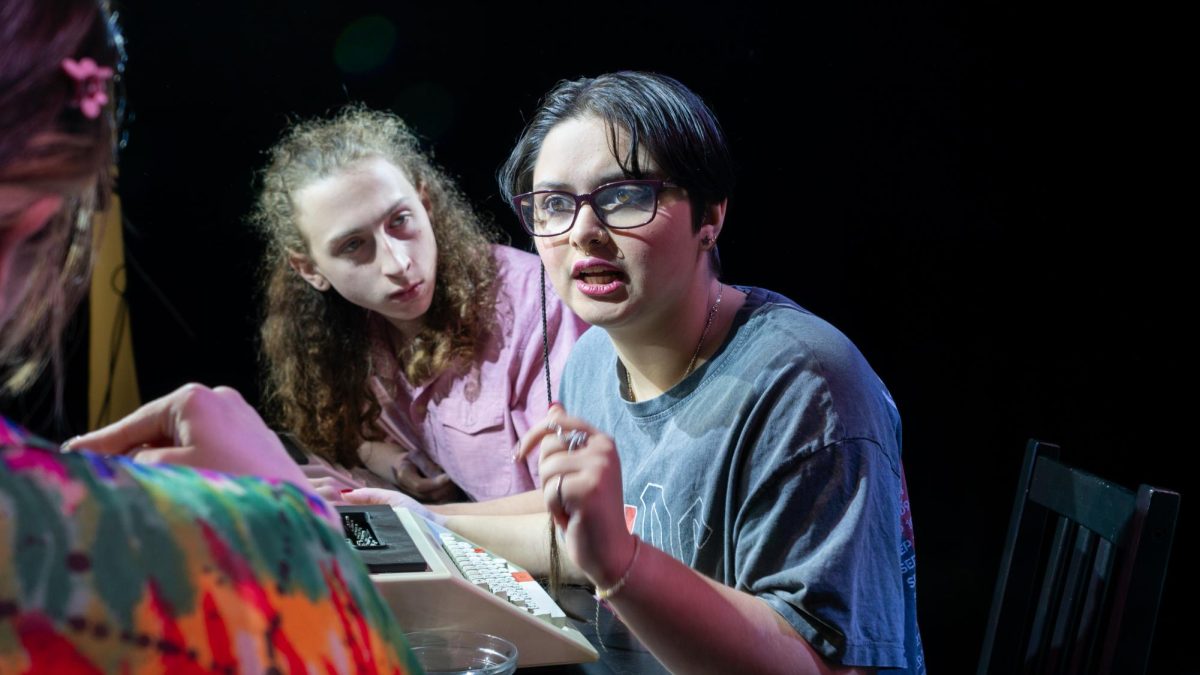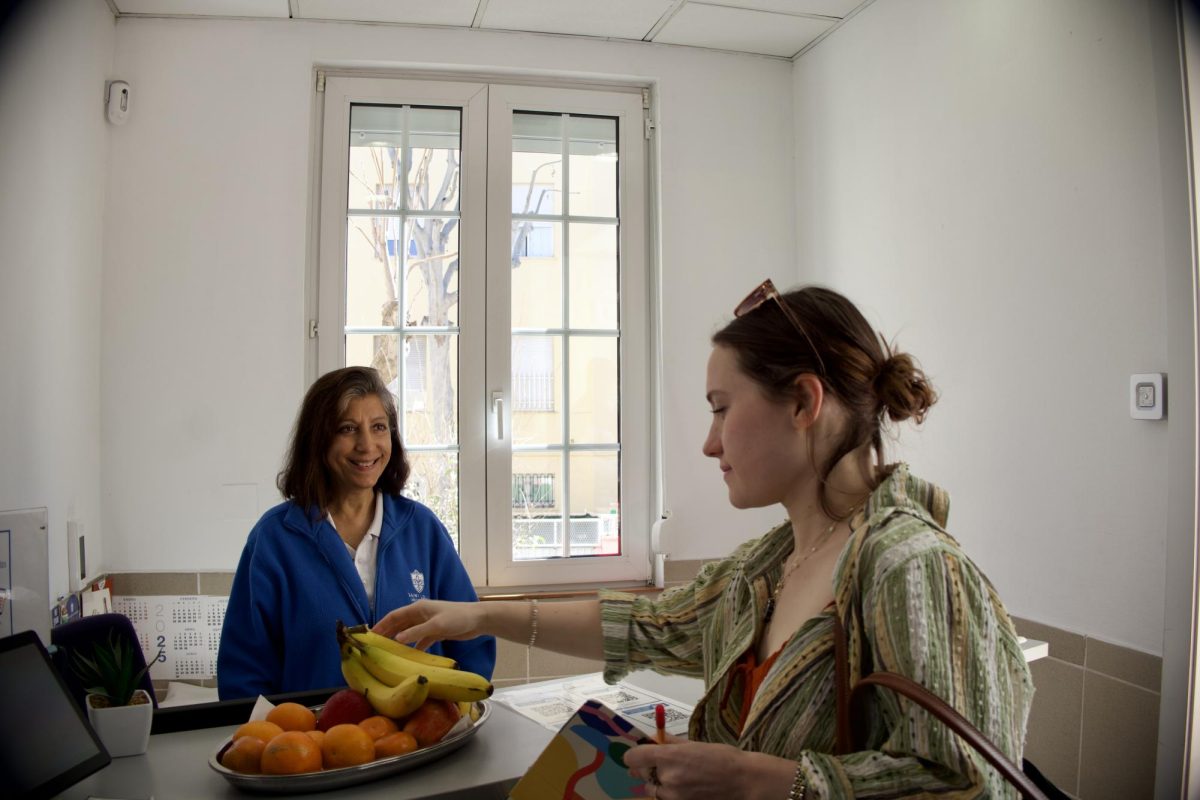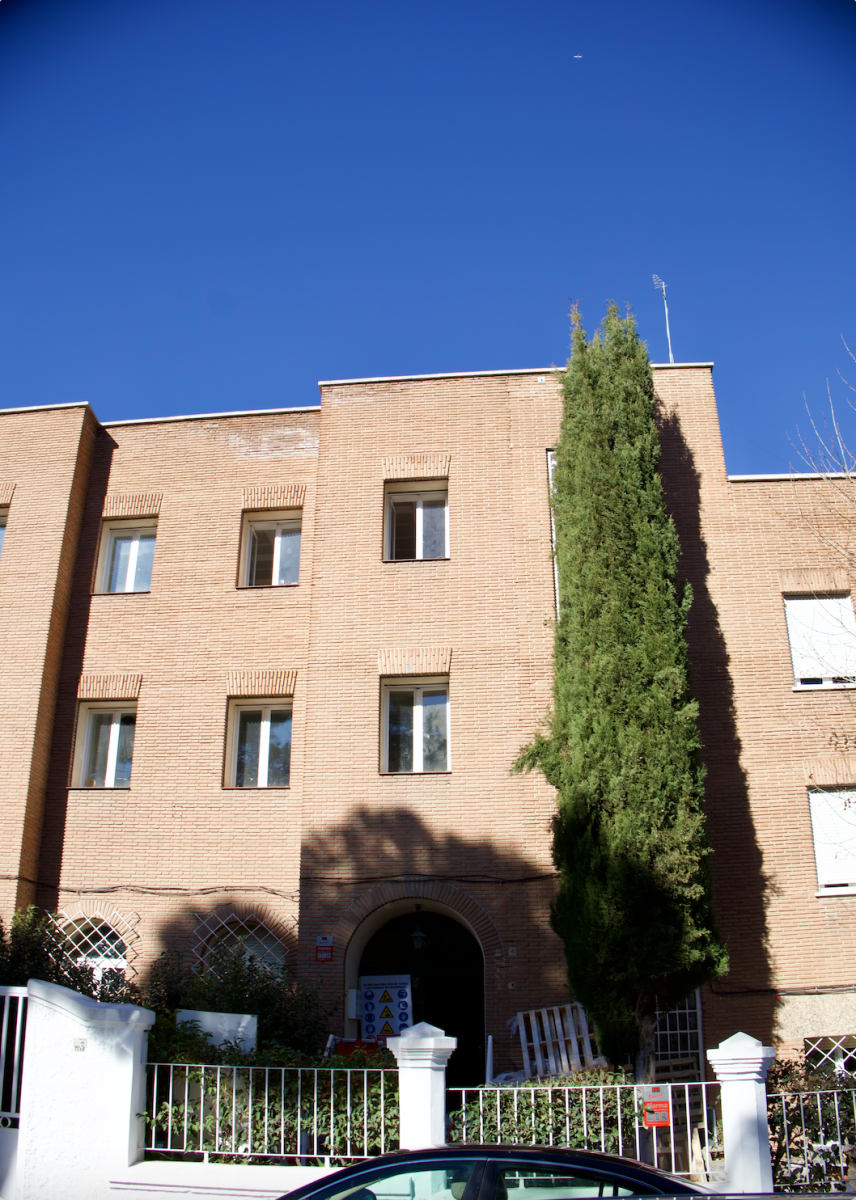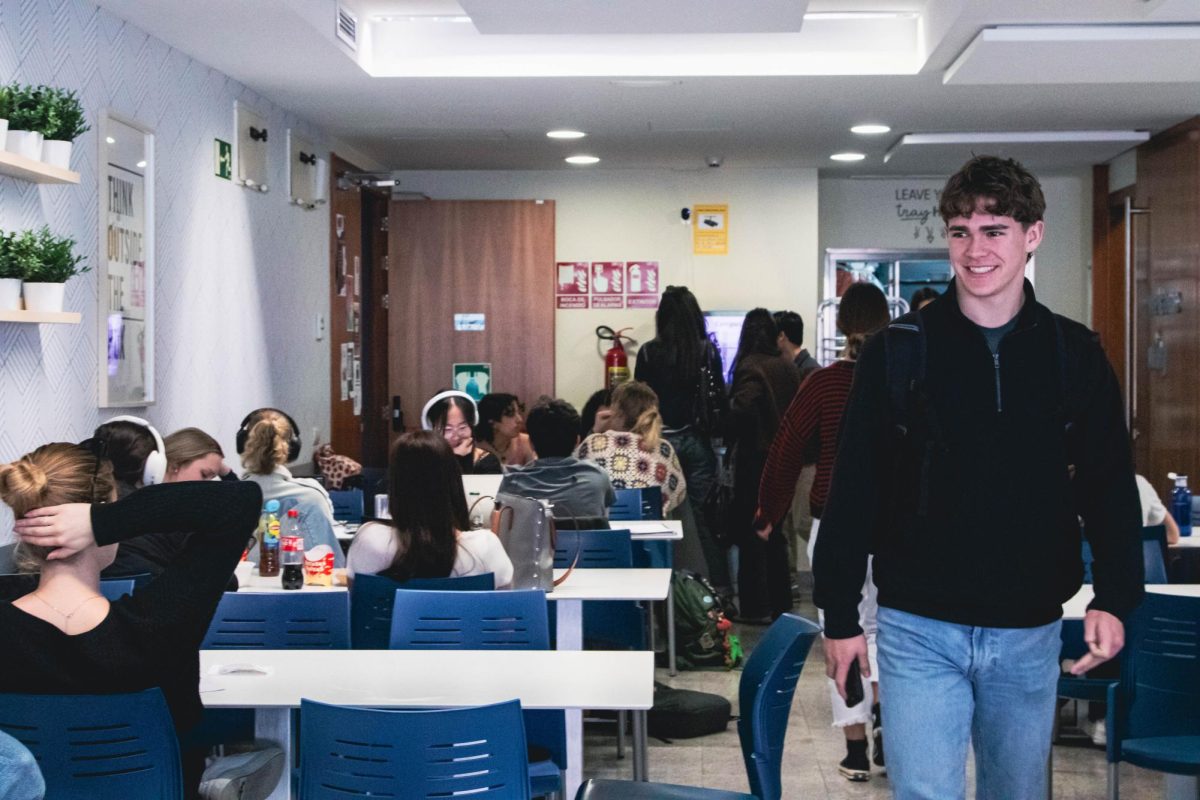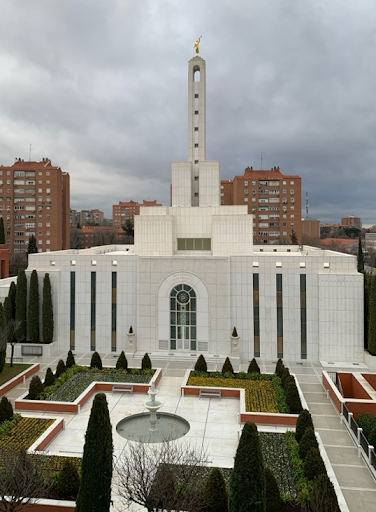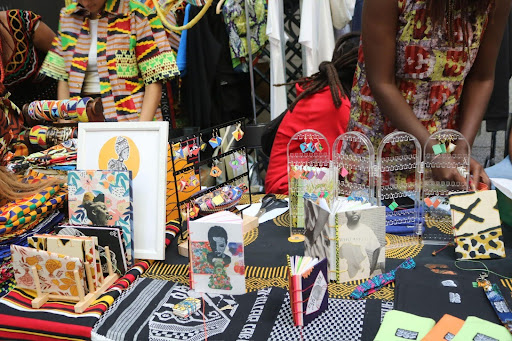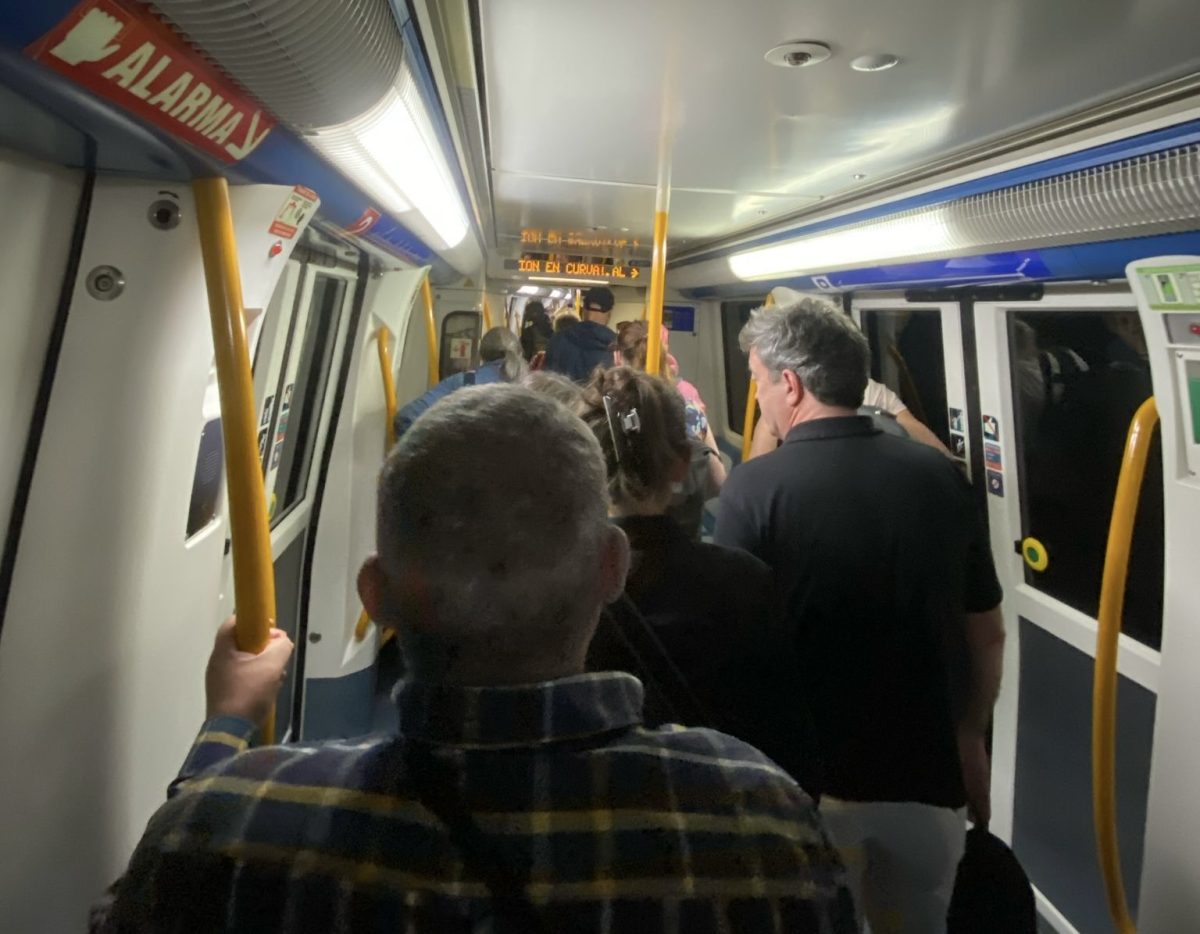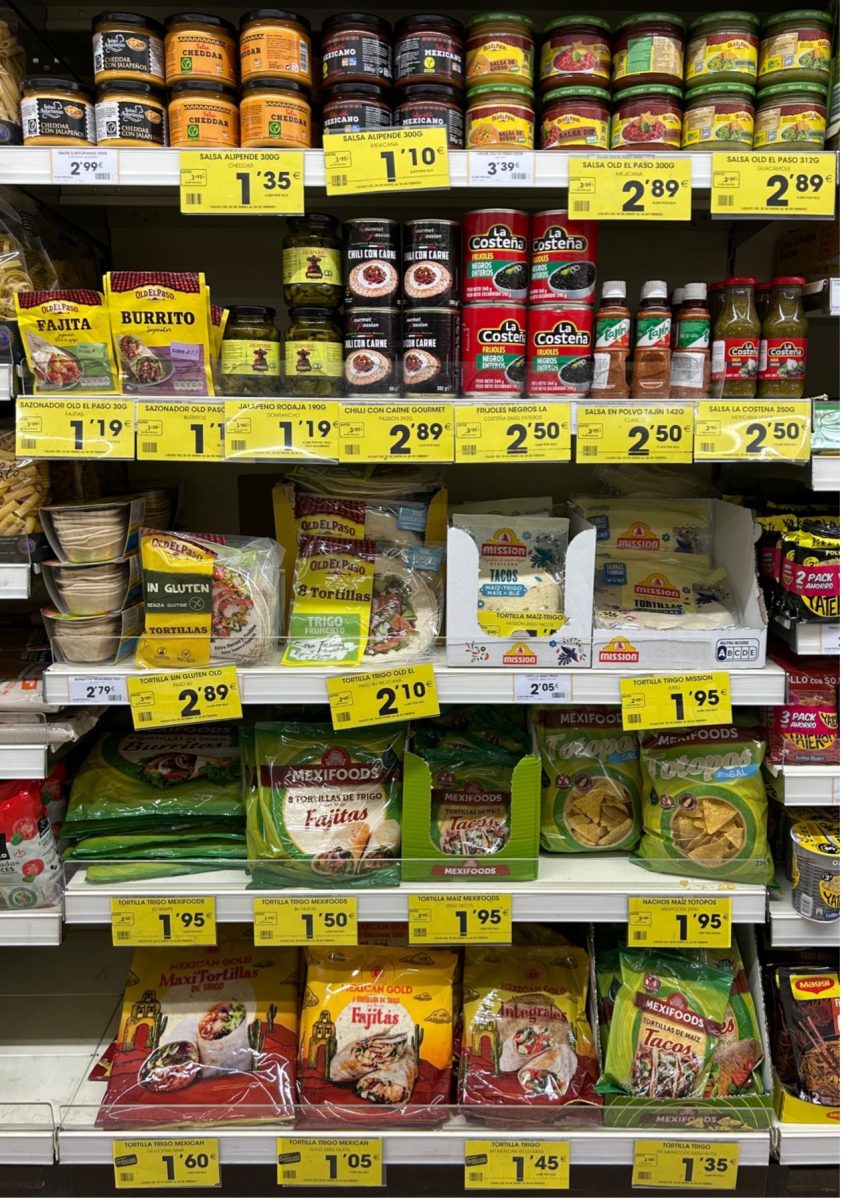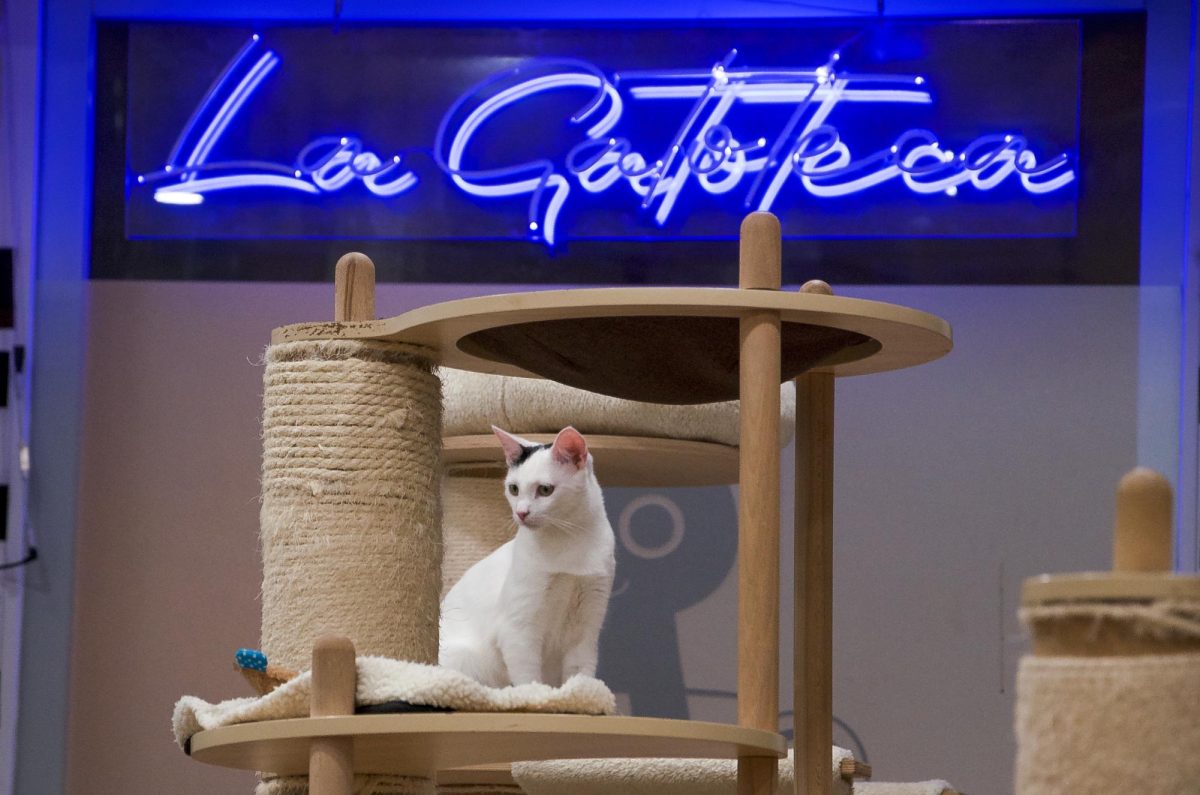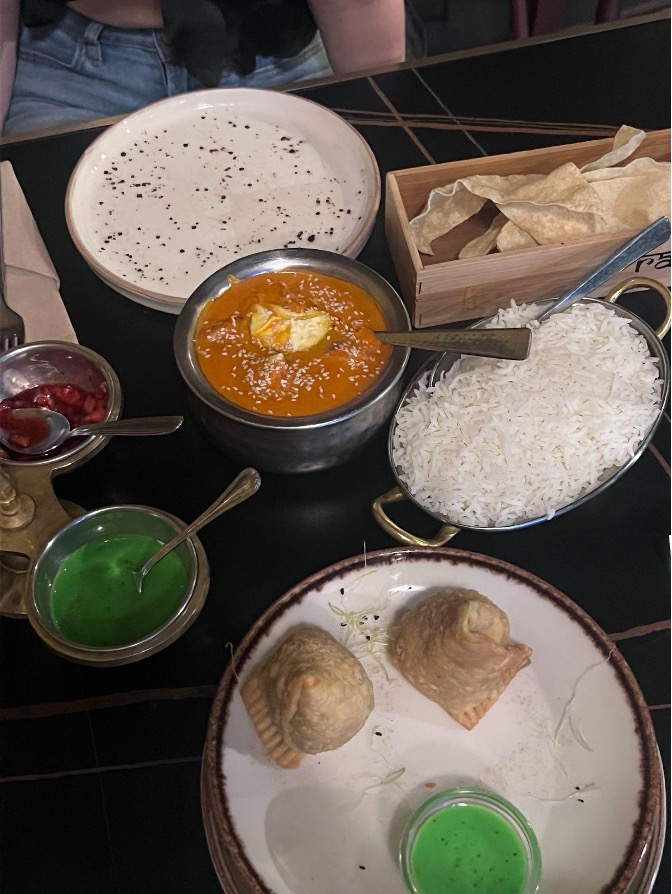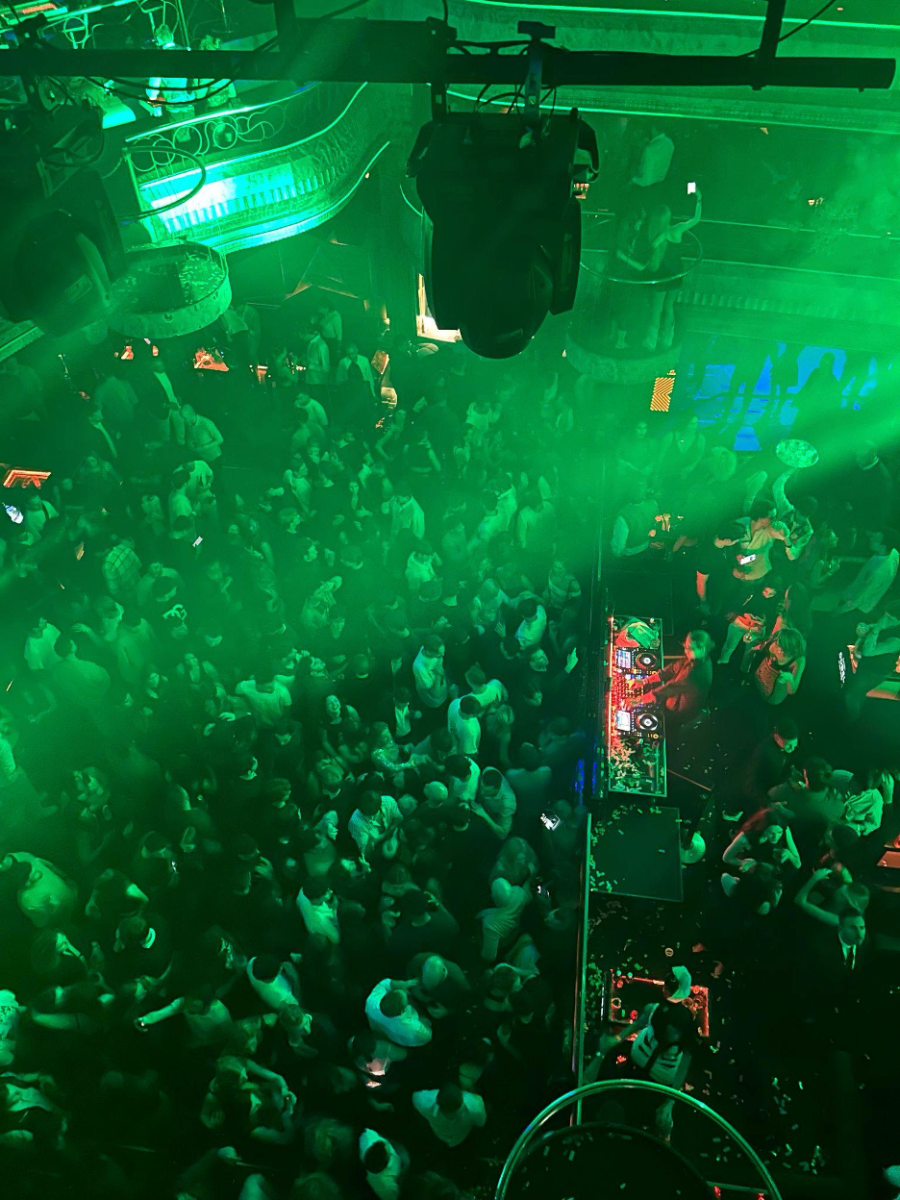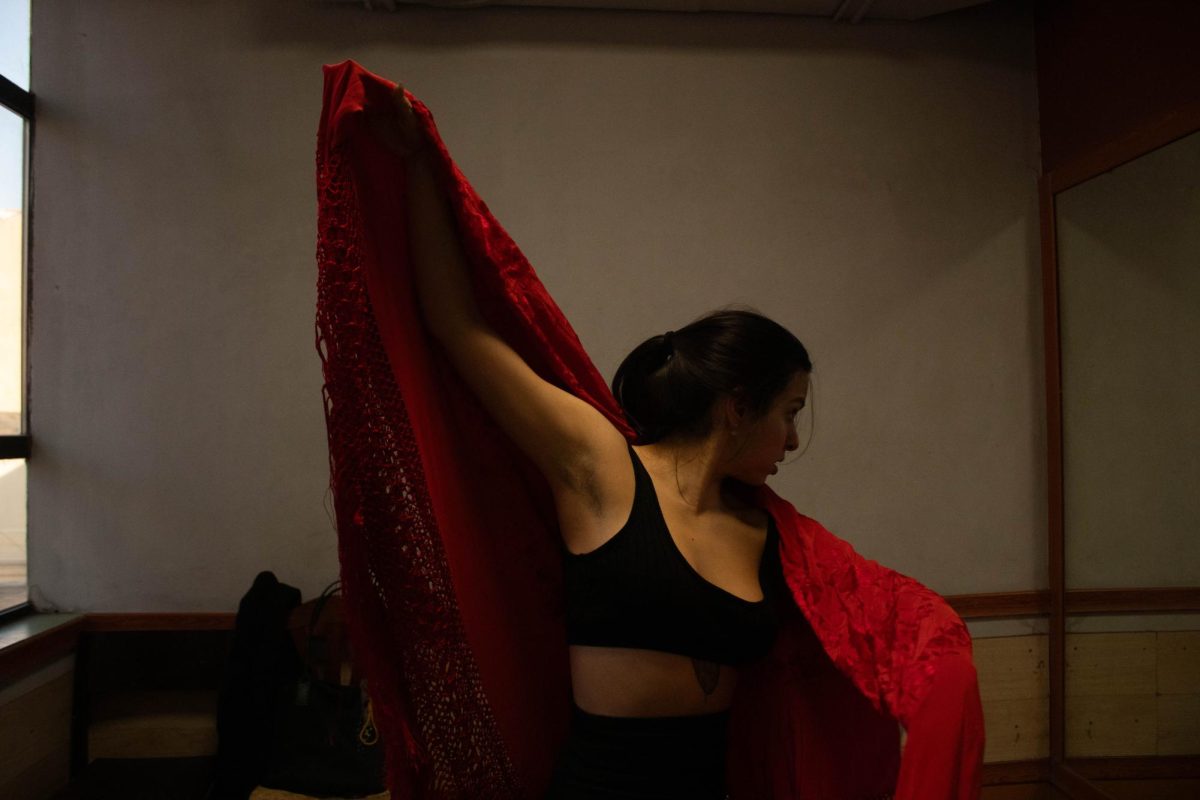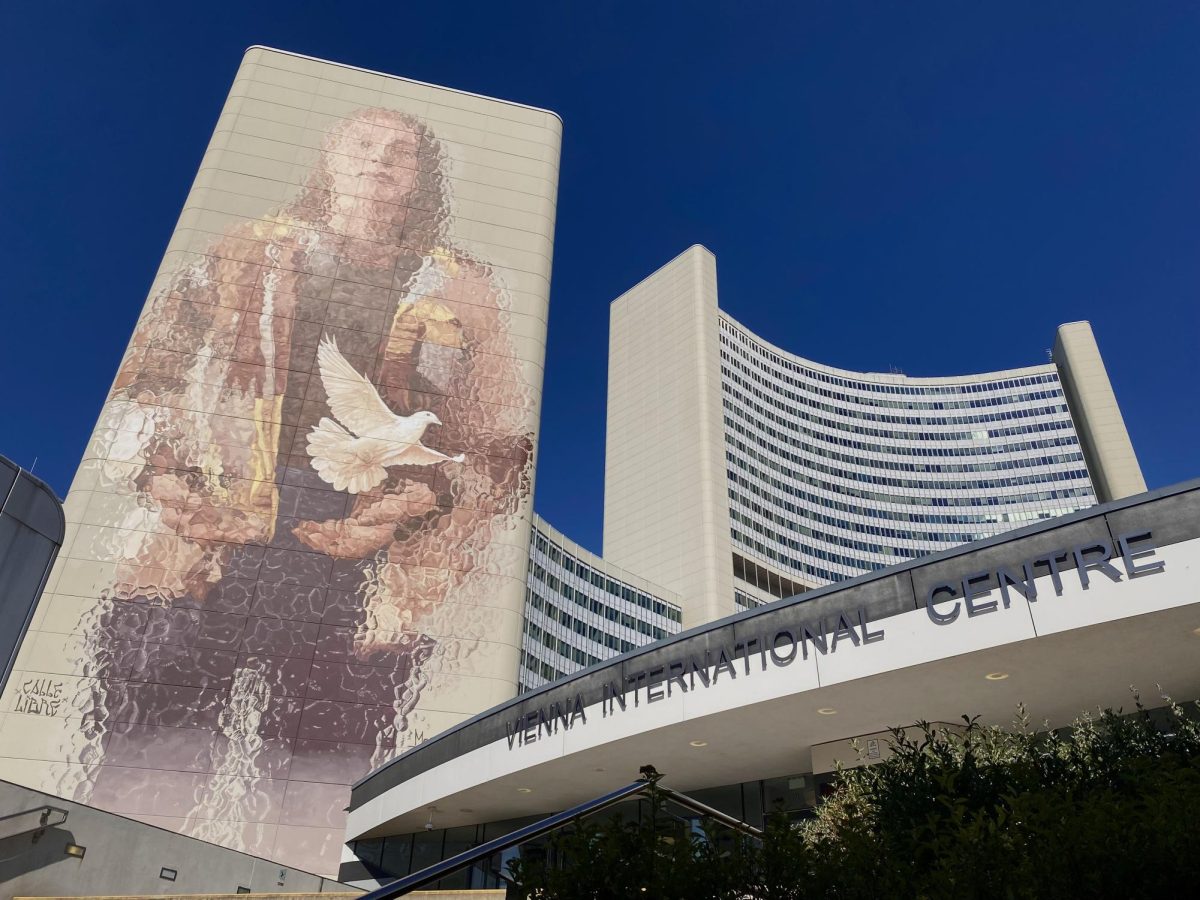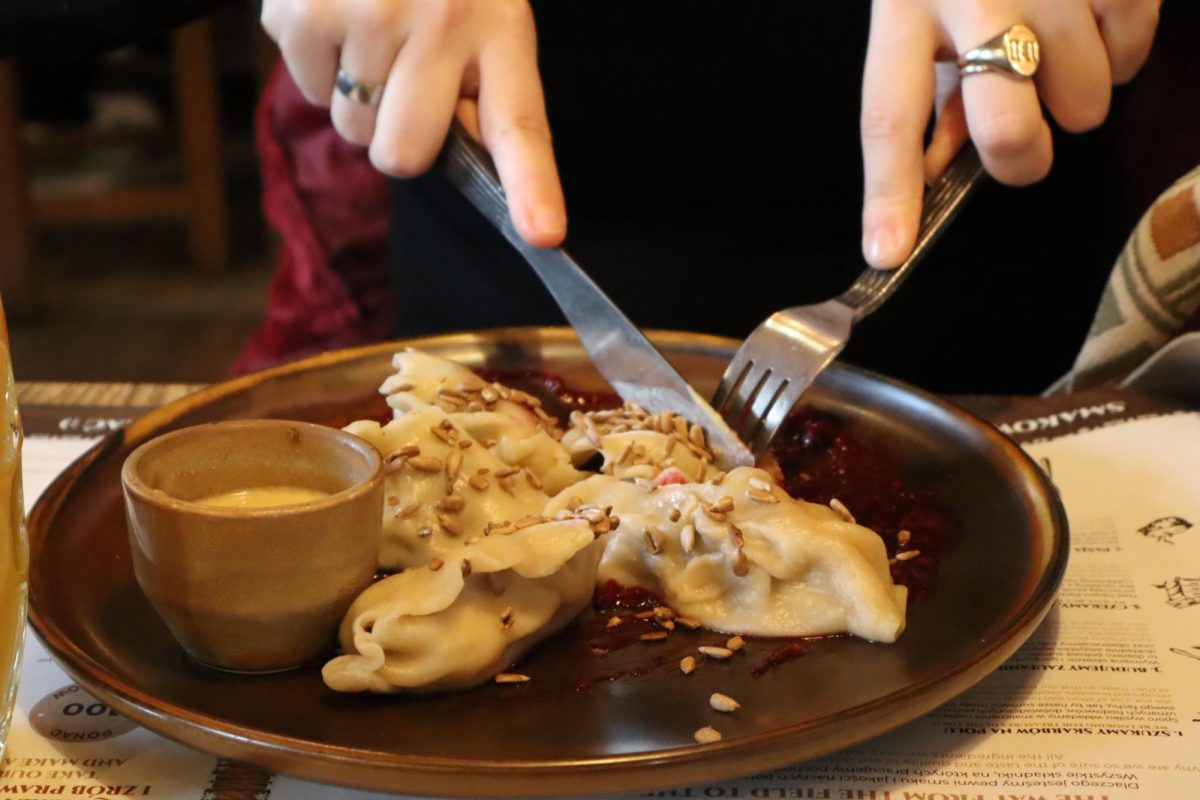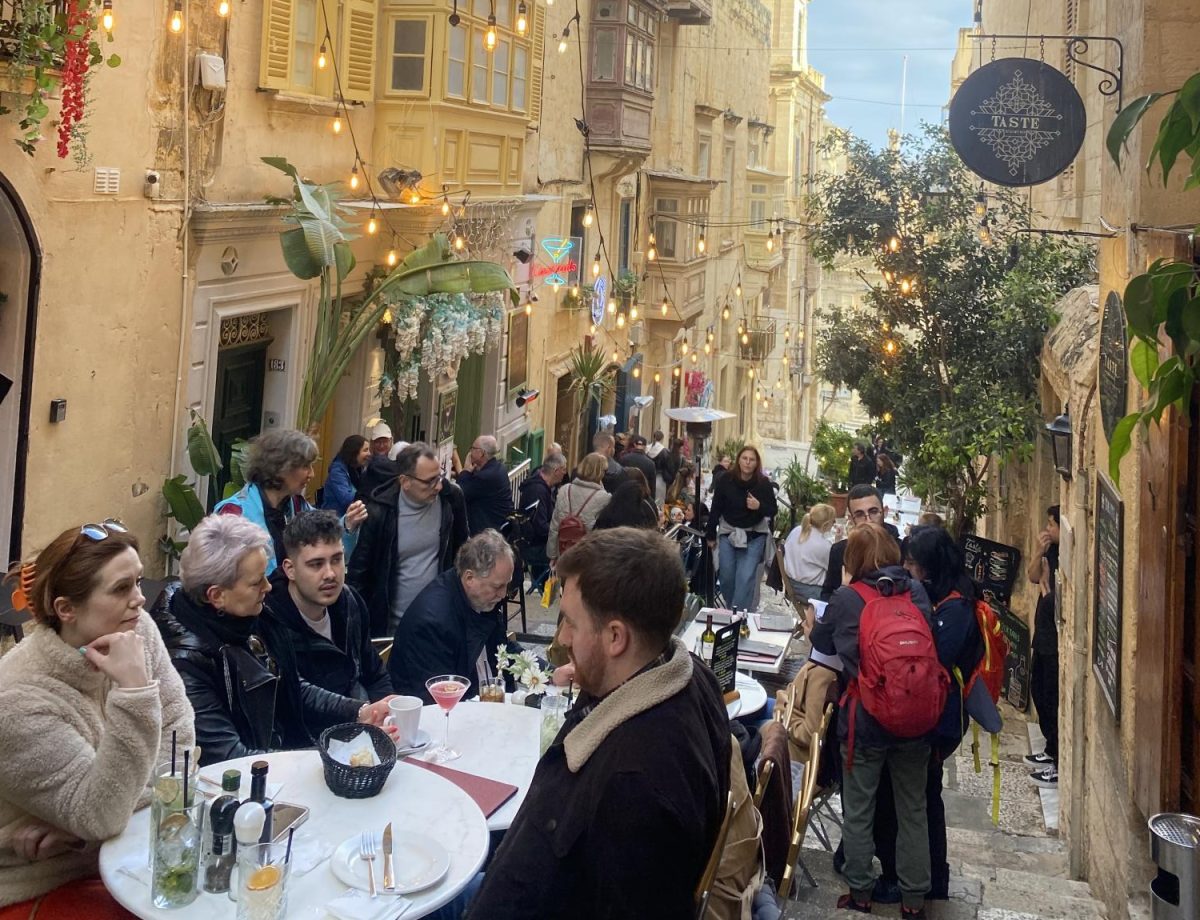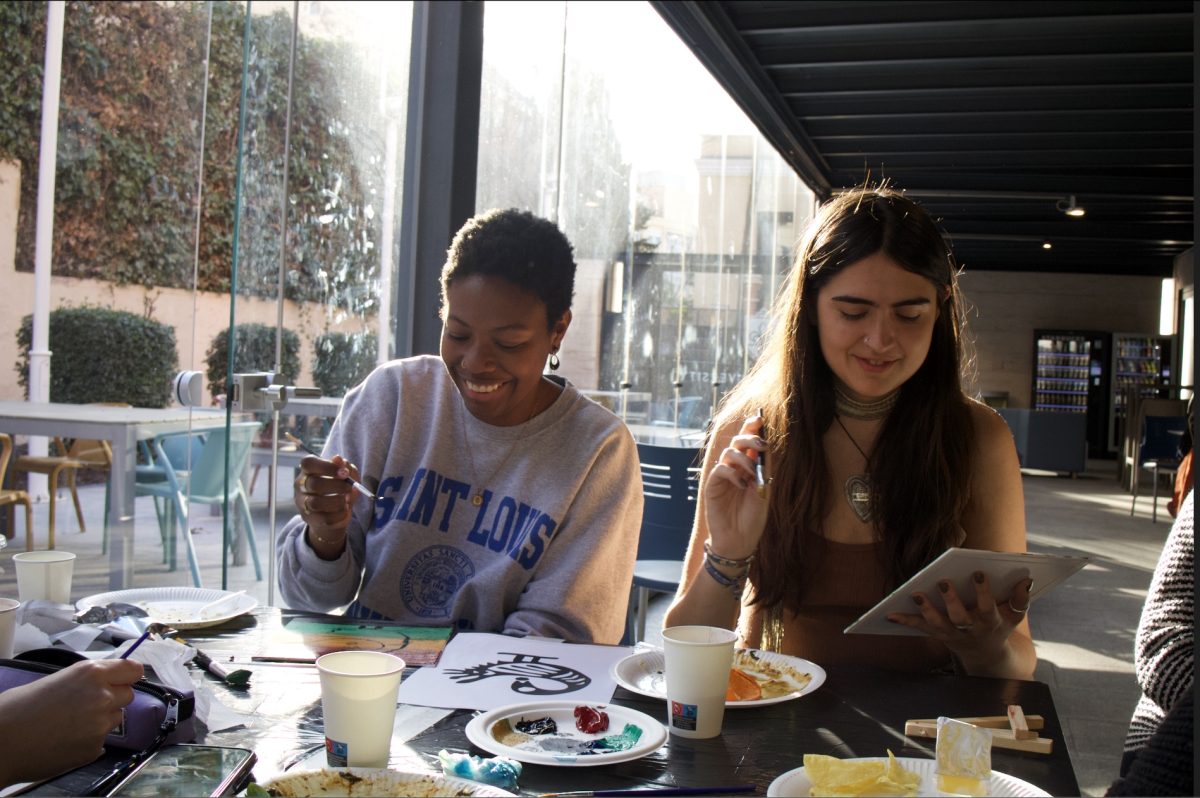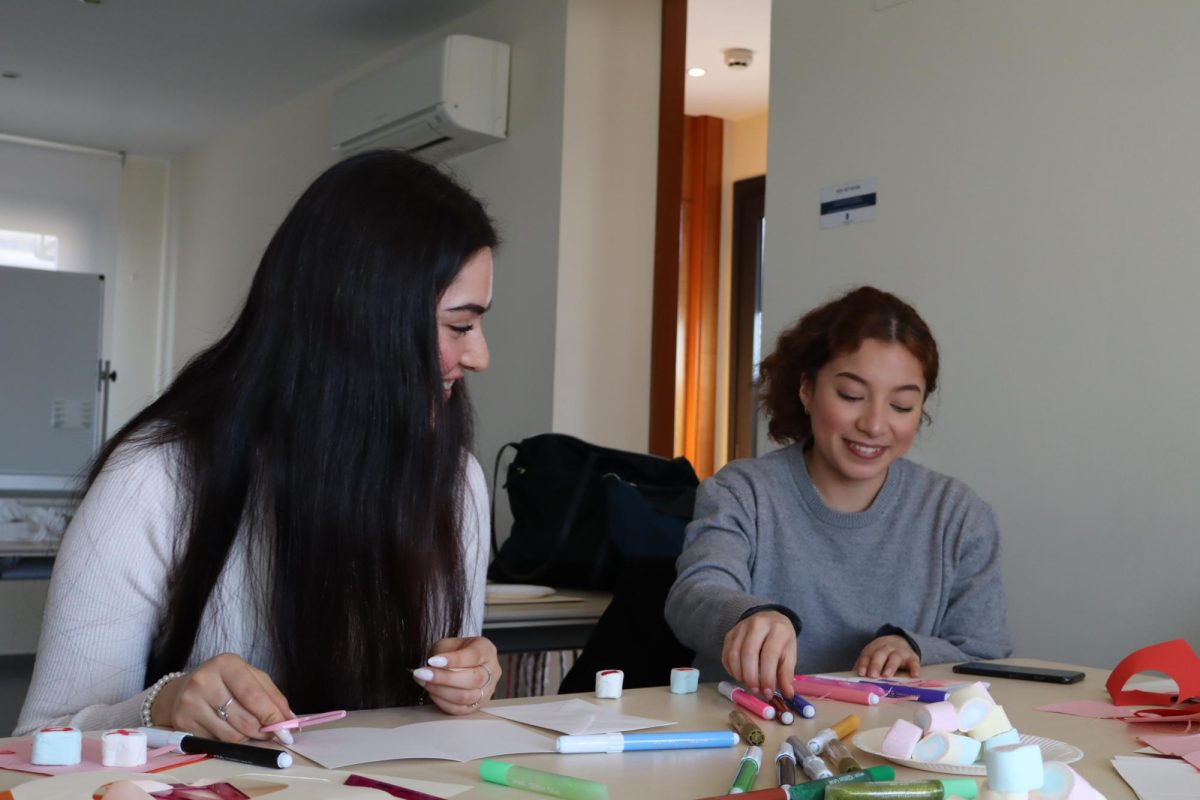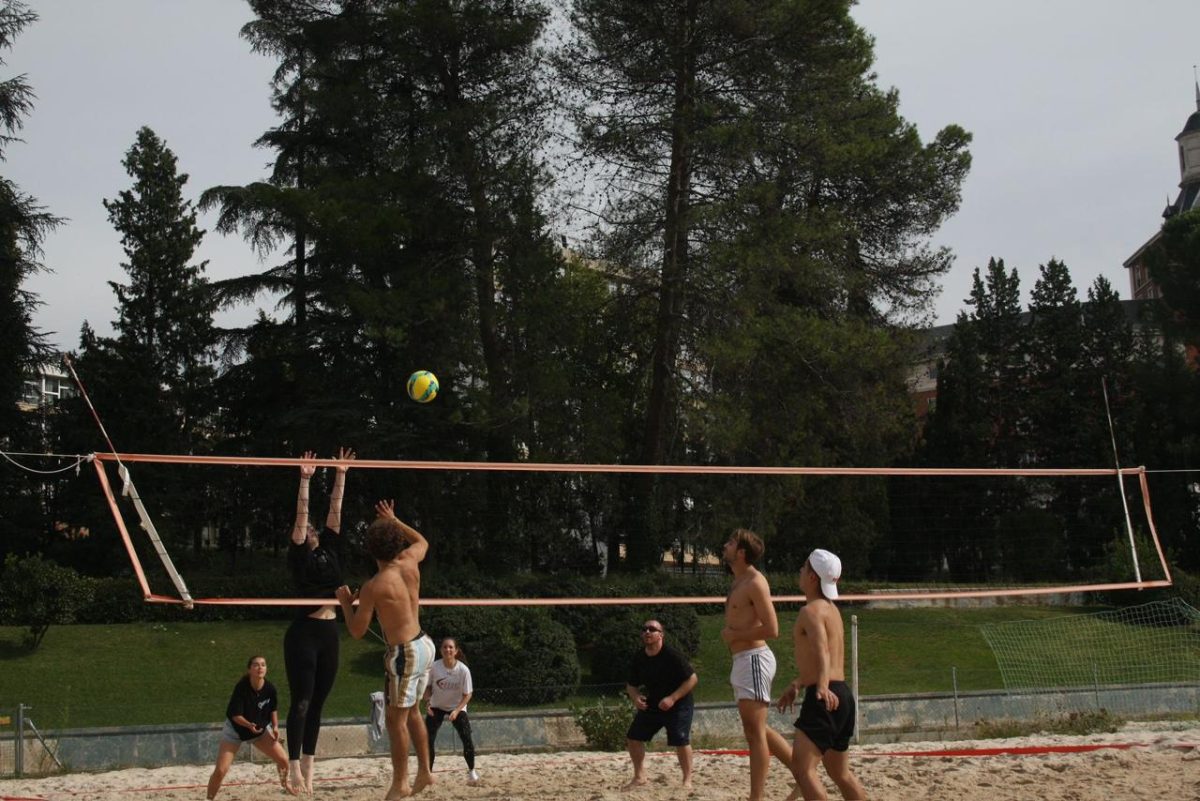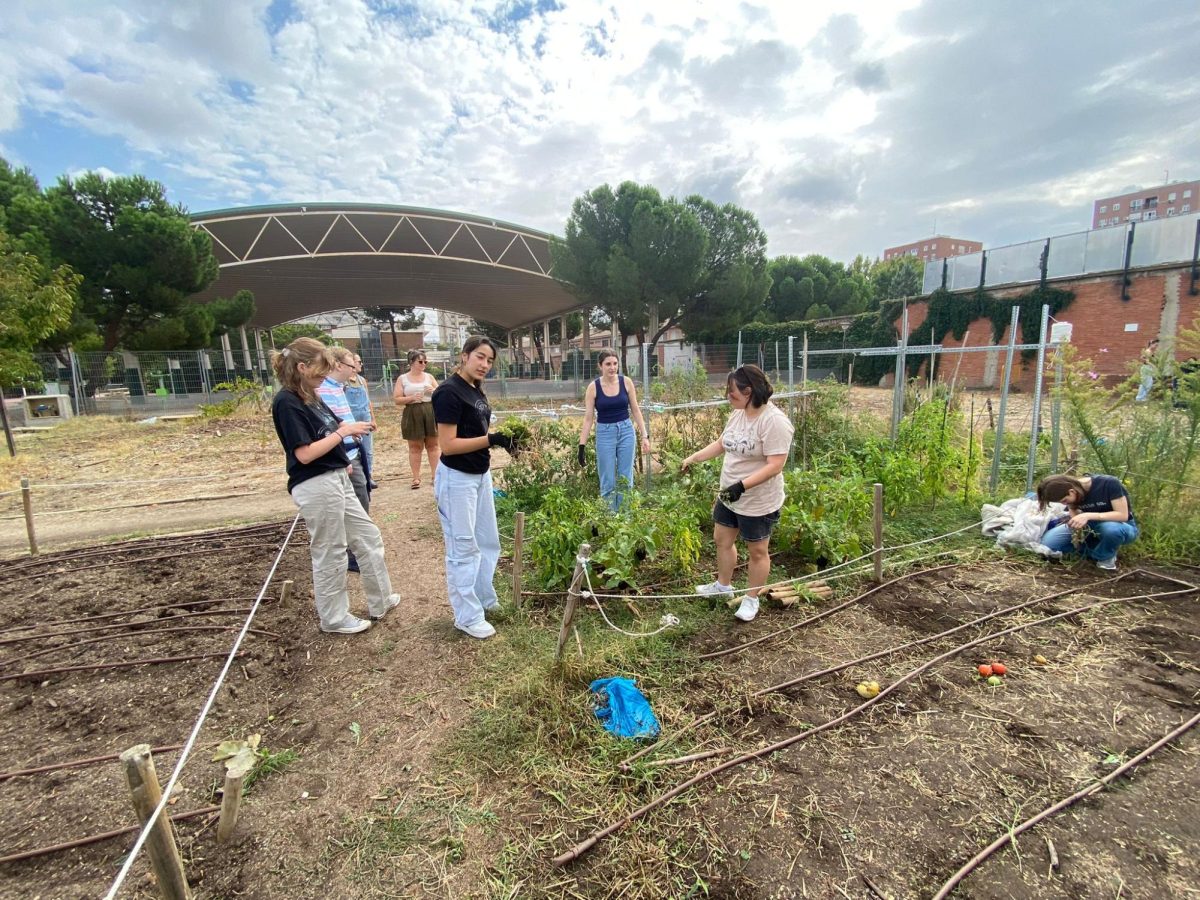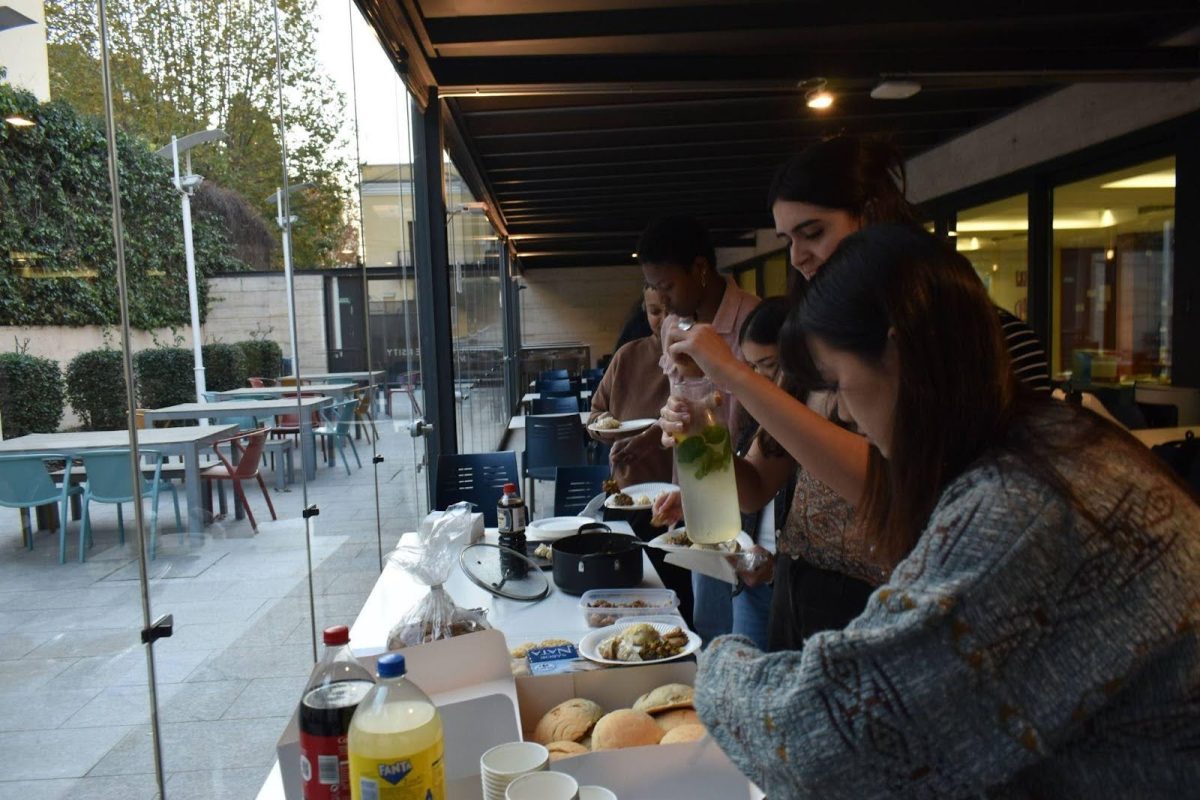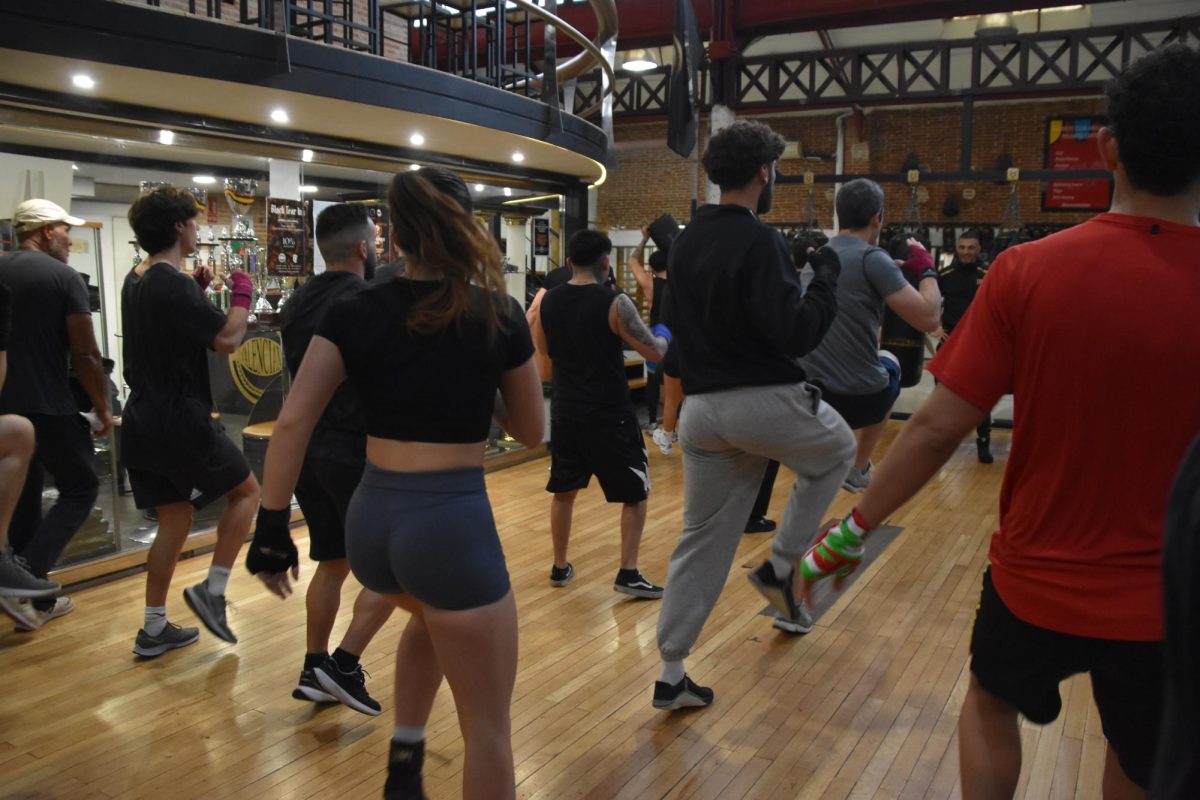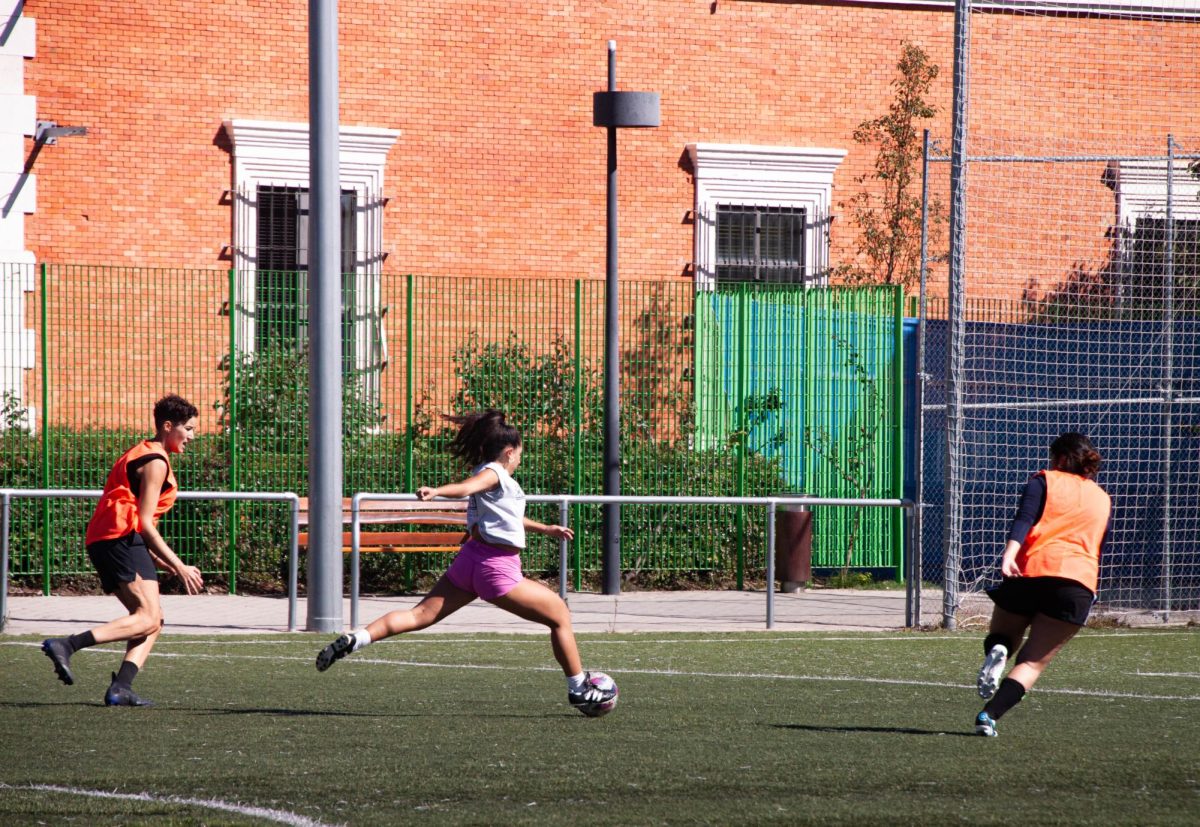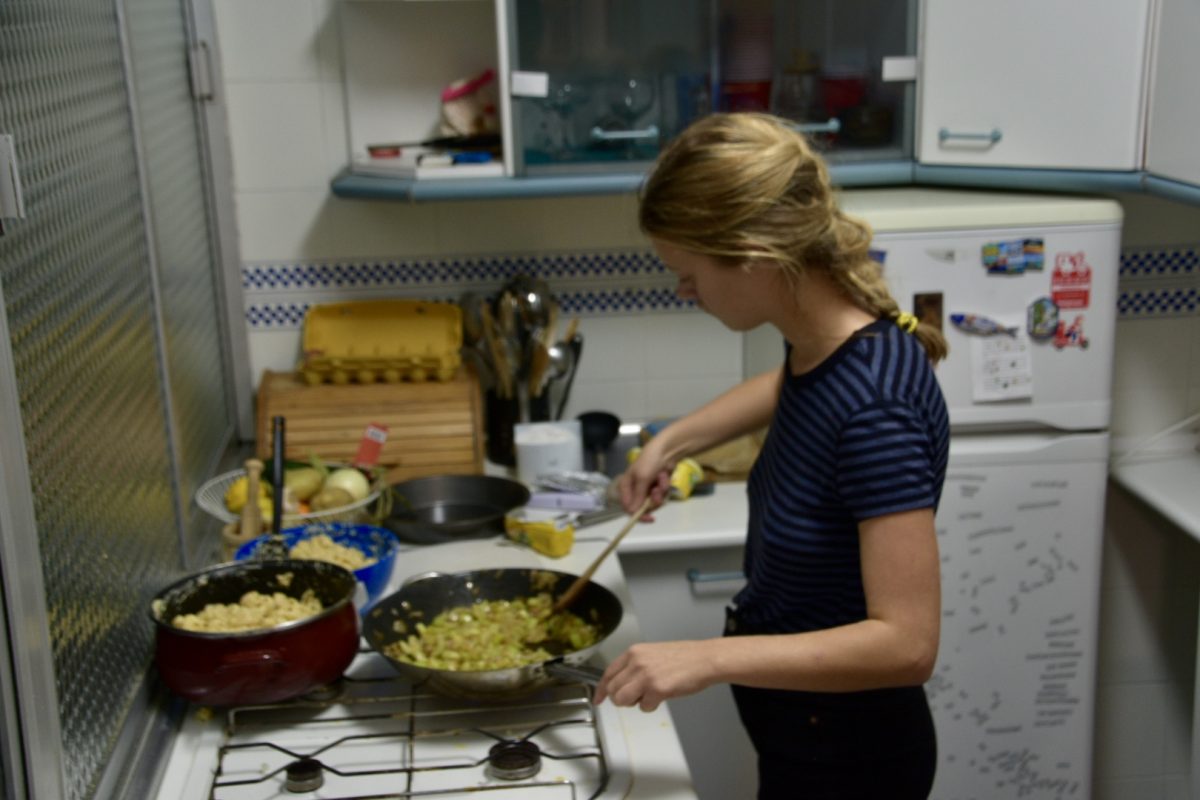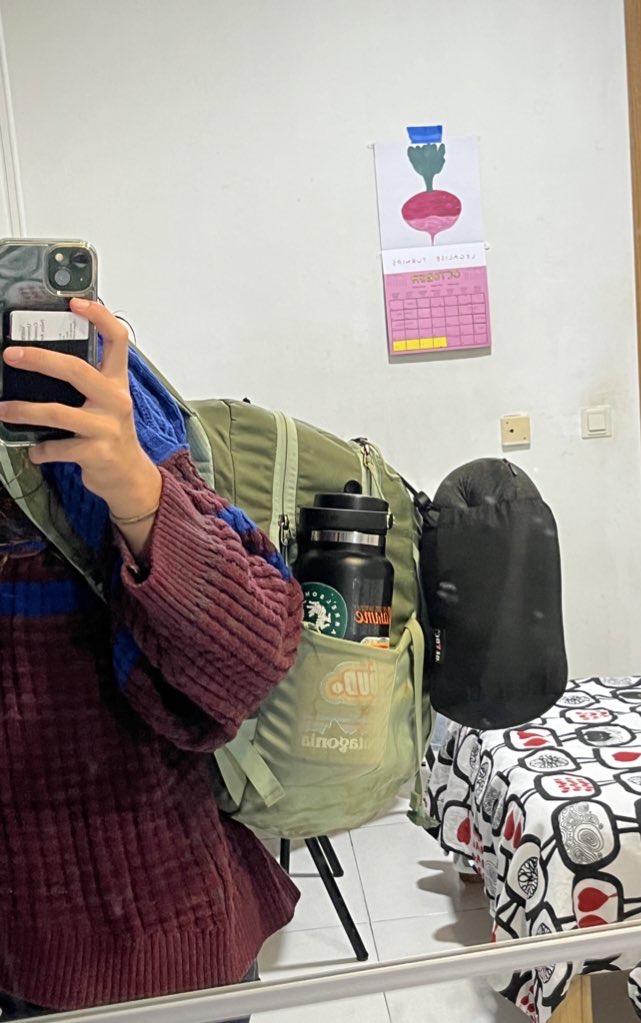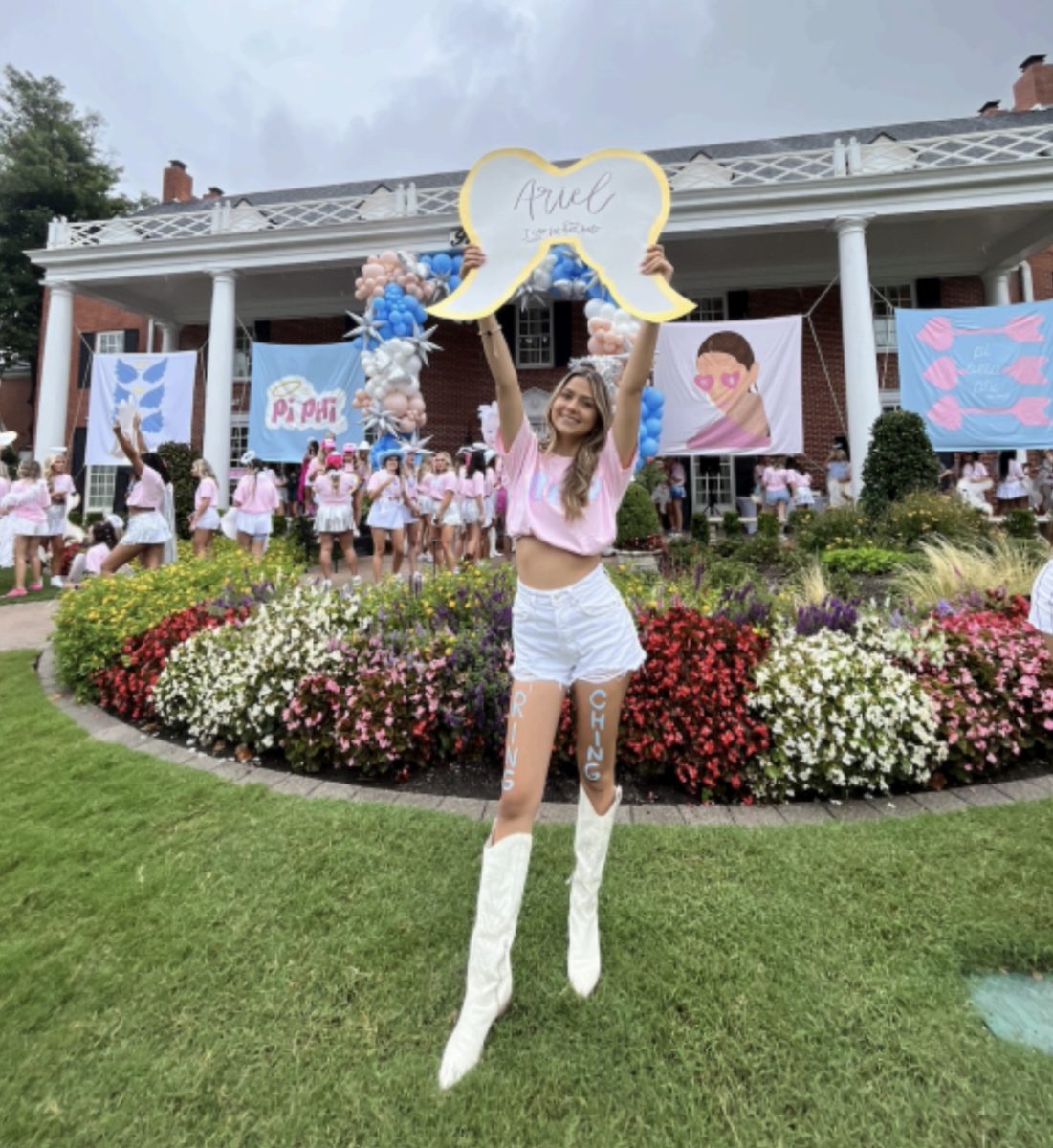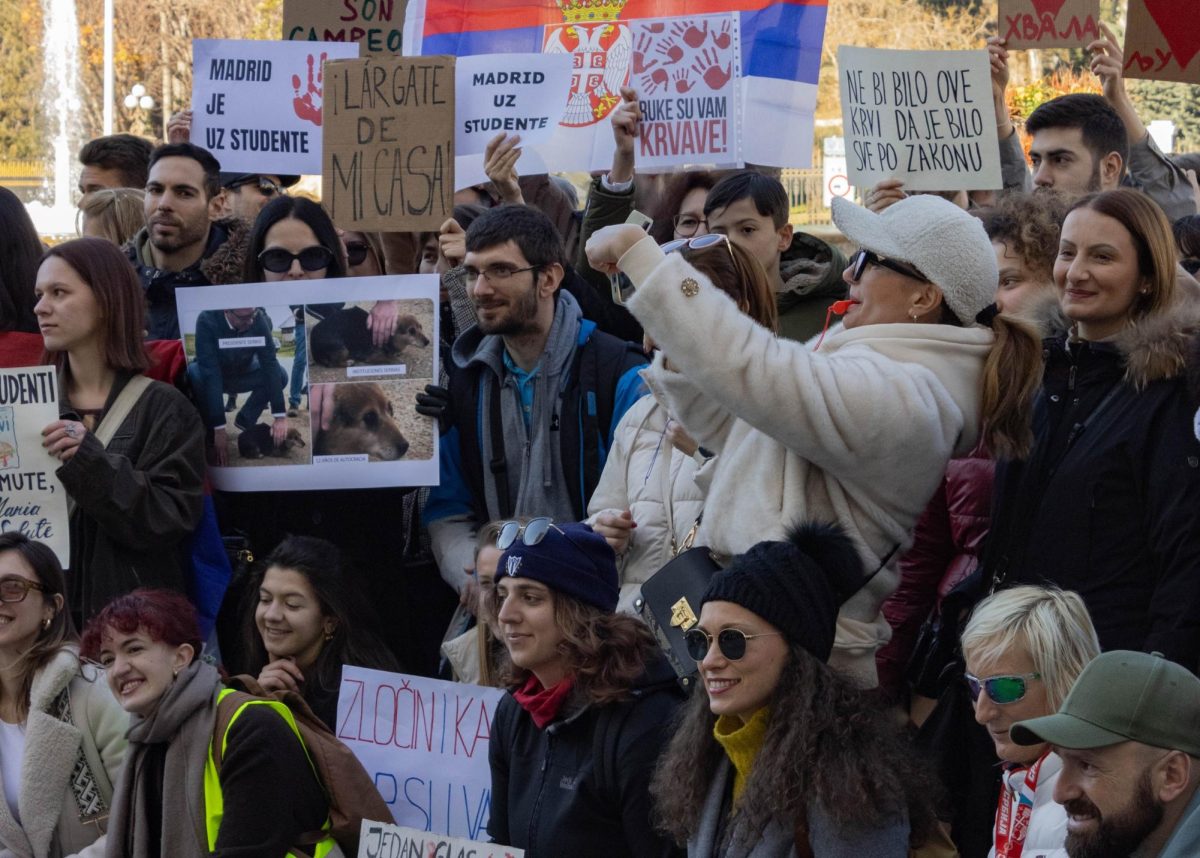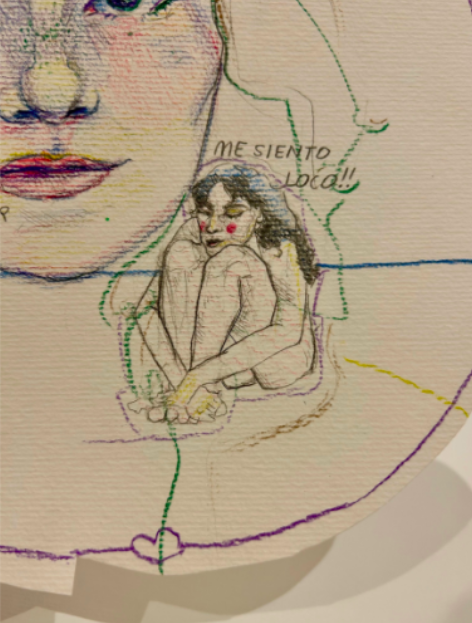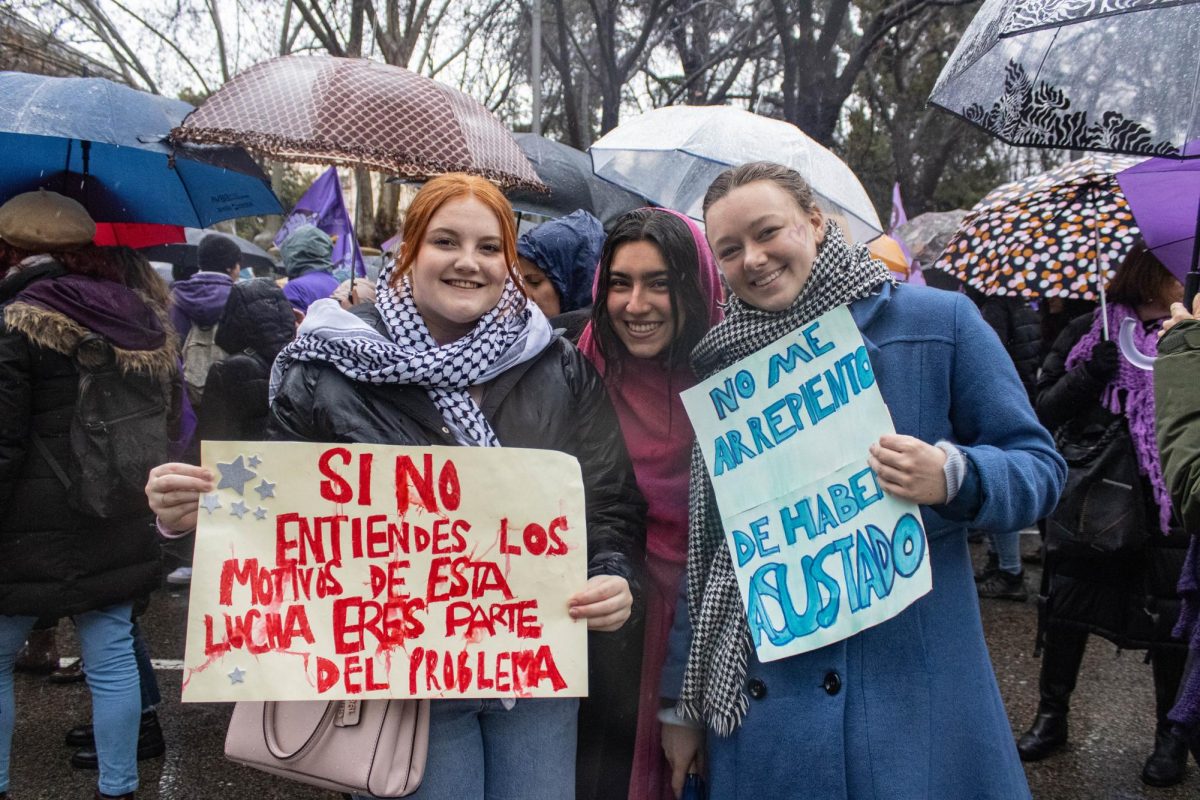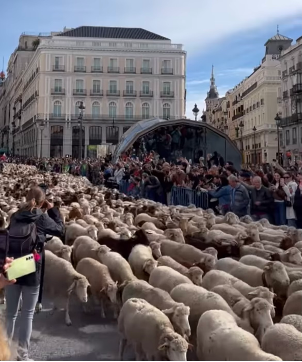
It is an October afternoon in the Puerta del Sol and the streets are packed but not with tourists — with sheep. Hundreds of sheep are everywhere, and hundreds of people have crowded the city center to watch. The sheep have rough, cream-colored wool, which children pet as the flock clumps along. One boy jumps up and down with excitement, waves and giggles while touching the wool. Nearby, a couple snaps a smiling selfie with the animals. The air fills with the potent odor of sheep and their waste.
This is a scene from Madrid’s annual Transhumancia Festival, which honors the centuries-old routes used by shepherds to move flocks from cool mountains in the summer to lowland winter fields to the south. More than 1,200 sheep and 200 goats invaded the Spanish capital’s most famous streets on Oct. 22. The event, which started in 1994, highlights the importance of conserving livestock activities, preserving landscapes and traditional culture, and generating rural employment. Each year, shepherds dress in traditional garments to walk their sheep through Madrid’s most emblematic streets.
Marc Snyder, a 23-year-old Spaniard who has lived in Madrid his whole life, knows the route the sheep take by heart. “Last year, it began at Casa de Campo, continued through Plaza Mayor, Puerta del Sol, and ended at Cibeles, where the mayor was waiting to present them with the traditional 50 maravedis for each thousand goats and sheep that passed through La Villa.”
Reed Whitson, a third-year American student at Saint Louis University, has been an audience member of the Transhumancia Festival for the past two years. “It’s the most unique experience I have ever seen!” Whitson said. “I got to touch the sheep and eat amazing food. Honestly, I would recommend it to anyone.”
While local cuisine is being served at the food stands, Spaniards sing and dance through the city streets, giving tourists a taste of the old-fashioned rural Spain. Local artisans display their skills by offering handmade textiles, pottery, and other goods. Visitors can even interact with shepherds and farmers to learn more about their history and everyday life.
Meloe Herrman Veigneau, a first-year IE student who had never heard of this festival, said: “I think this is so amazing because it is something that you don’t see anywhere else from what I have heard of before. Because I am new here, I feel so grateful to be able to experience this after only living here for two months.”
